
Festival in Yen Tu. (Photo: VNA)
The Yen Tu-Vinh Nghiem-Con Son-Kiep Bac relic and scenic complex was officially recognized as a World Cultural Heritage by the World Heritage Committee (UNESCO) on July 12.
Along with Ha Long Bay - Cat Ba archipelago, this is the second World Heritage that Quang Ninh province co-owns.
It is a great honor, but also poses challenges in preserving and promoting heritage values to serve economic and social development.
Vietnam News Agency reporter interviewed Director of Department of Culture, Sports and Tourism of Quang Ninh province Nguyen Viet Dung on this issue.
- Sir, Quang Ninh province is co-owning 2 World Heritages. In your opinion, how does this benefit the province in terms of economic and social development?
Mr. Nguyen Viet Dung: The fact that Quang Ninh province co-owns two World Heritages, Ha Long Bay - Cat Ba archipelago and Yen Tu - Vinh Nghiem - Con Son - Kiep Bac relic and scenic complex, is a great honor, and at the same time a strategic opportunity for sustainable socio-economic development.
These are two World Cultural Heritages of outstanding global value, helping Quang Ninh affirm and consolidate its position on the international cultural and natural tourism map.
Heritages recognized by UNESCO open up opportunities for development in tourism, services, and culture, contributing to attracting high-quality tourists and opening up possibilities for international cooperation in investment, research, education, and conservation.
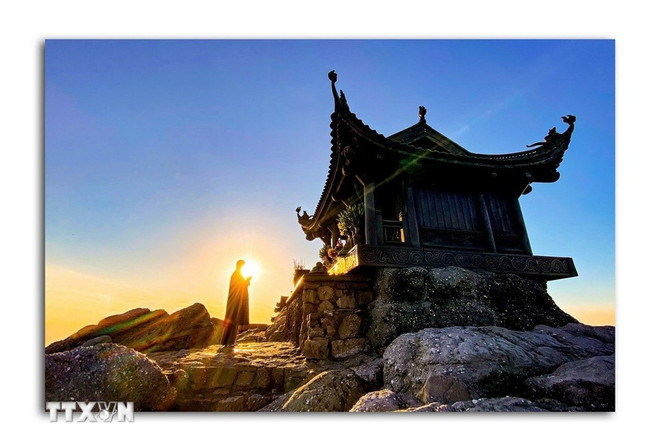
On top of Dong Pagoda, Yen Tu. (Photo: VNA)
Possessing two World Heritages of Quang Ninh together with the Imperial Citadel of Thang Long-Hanoi creates a connecting axis between three typical heritages of the North, both deepening historical and cultural values and complementing each other - one natural heritage, one cultural heritage - creating a balanced development structure between "nature and people."
This is in line with Quang Ninh's development orientation of shifting from "brown to green", developing high-quality heritage tourism, eco-tourism, and spiritual tourism with great added value, widespread, and most importantly, creating sustainable livelihoods for the community and people.
The title of World Cultural Heritage not only honors a land, but is also a "soft" resource to inspire, arouse pride, responsibility and common action of the whole society in preserving cultural identity, creating sustainability for the future.
- Sir, so what direction does Quang Ninh province choose in developing the "heritage economy"?
Mr. Nguyen Viet Dung: Quang Ninh identifies developing "heritage economy" as a strategic direction in sustainable socio-economic development.
We do not approach heritage as just a tourism resource, but see it as a special cultural resource, with both economic value and a pillar in building identity, trust and human development.
With that vision, the province is implementing specific groups of solutions such as: Perfecting the management institution, preserving and promoting heritage values on the principle of preserving the original state, maintaining authenticity, and linking with harmonious and controlled development.
Quang Ninh will invest in infrastructure connecting heritage areas in a “soft” direction, ensuring harmony in landscape, ecology, culture and experience. Not urbanizing heritage, but modernizing responsible access to heritage.
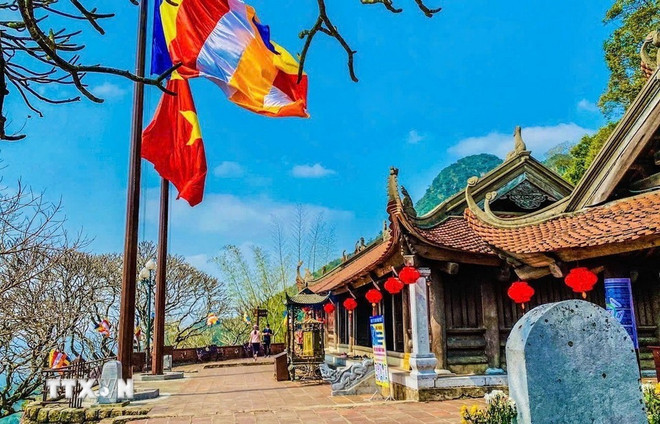
Ngoa Van Pagoda - Special National Relic Site of Tran Dynasty. (Photo: VNA)
The province will develop creative economic models based on heritage, such as cultural-spiritual tourism in Yen Tu, OCOP products associated with traditional craft villages, Truc Lam Zen-Buddhism experience services, heritage education in schools...
At the same time, the province promotes public-private cooperation, regional and international linkages in preserving and exploiting heritage according to UNESCO standards, with the active participation of local communities.
We call it the “culturalization of the economy,” bringing cultural values into economic development, so that the economy serves the long-term preservation of heritage.
- Owning World Heritage sites is a great benefit and potential, but what challenges does it pose for Quang Ninh province in managing World Heritage sites, especially inter-regional and inter-provincial heritage sites?
Mr. Nguyen Viet Dung: Yes, the World Heritage title is a great honor, but also a heavy responsibility. For Quang Ninh province, the biggest challenge lies in three aspects. That is, chain-shaped, inter-regional-inter-provincial heritages such as Yen Tu-Vinh Nghiem-Con Son, Kiep Bac require an inter-sectoral, inter-local coordination mechanism, overcoming administrative limits to preserve in a synchronous manner.
Previously, on November 8, 2024, the People's Committees of the three provinces of Quang Ninh, Bac Giang, and Hai Duong (now Quang Ninh, Bac Ninh, and Hai Phong city) agreed to sign and issue Plan No. 09/KHPH-QN-BG-HD, the expected Management Plan for the Yen Tu-Vinh Nghiem-Con Son-Kiep Bac Complex of Monuments and Landscapes after being recognized by UNESCO as a World Heritage Site.
In the coming time, the People's Committees of the three provinces and cities will continue to direct the relevant agencies to review and complete the Heritage Management Plan of the Yen Tu-Vinh Nghiem-Con Son and Kiep Bac Monuments and Landscape Complex, submit it to the competent authorities for consideration, approval and official promulgation for implementation immediately after this monument and landscape complex is recognized by UNESCO as a World Heritage Site, ensuring compliance with the provisions of Vietnam's Cultural Heritage Law and the 1972 World Heritage Convention and international treaties to which Vietnam is a signatory.
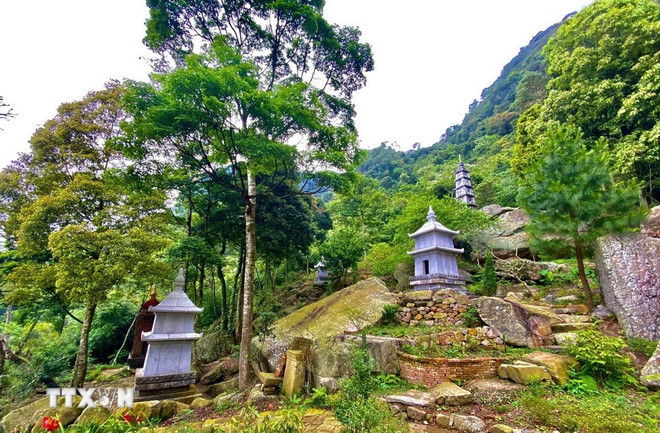
Ho Thien Pagoda - Tran Dynasty Special National Relic Site. (Photo: VNA)
In addition, the pressure of economic and tourism development can lead to the risk of encroachment or “commercialization” of heritage if not well controlled. Therefore, Quang Ninh always maintains the view that development must go hand in hand with conservation.
All restoration and embellishment activities to promote heritage values in the core and buffer zones of the heritage are carefully assessed and ensured to comply with the provisions of the law on cultural heritage and the 1972 International Convention on the Protection of World Heritage.
In addition, Quang Ninh province will focus on raising public awareness, especially among people living in heritage areas - a key factor. We will promote heritage propaganda and education in schools, Buddhist communities, and tourism workers, and consider them "the guardians of the heritage soul."
Protecting and promoting World Heritage is not only the responsibility of one industry or one locality, but also the responsibility of the whole region, the nation, and of today's and future generations.
- Thank you sir./.
(Vietnam News Agency/Vietnam+)
Source: https://www.vietnamplus.vn/di-san-the-gioi-yen-tu-vinh-nghiem-con-son-kiep-bac-nguon-luc-mem-tao-sinh-ke-ben-vung-post1049911.vnp


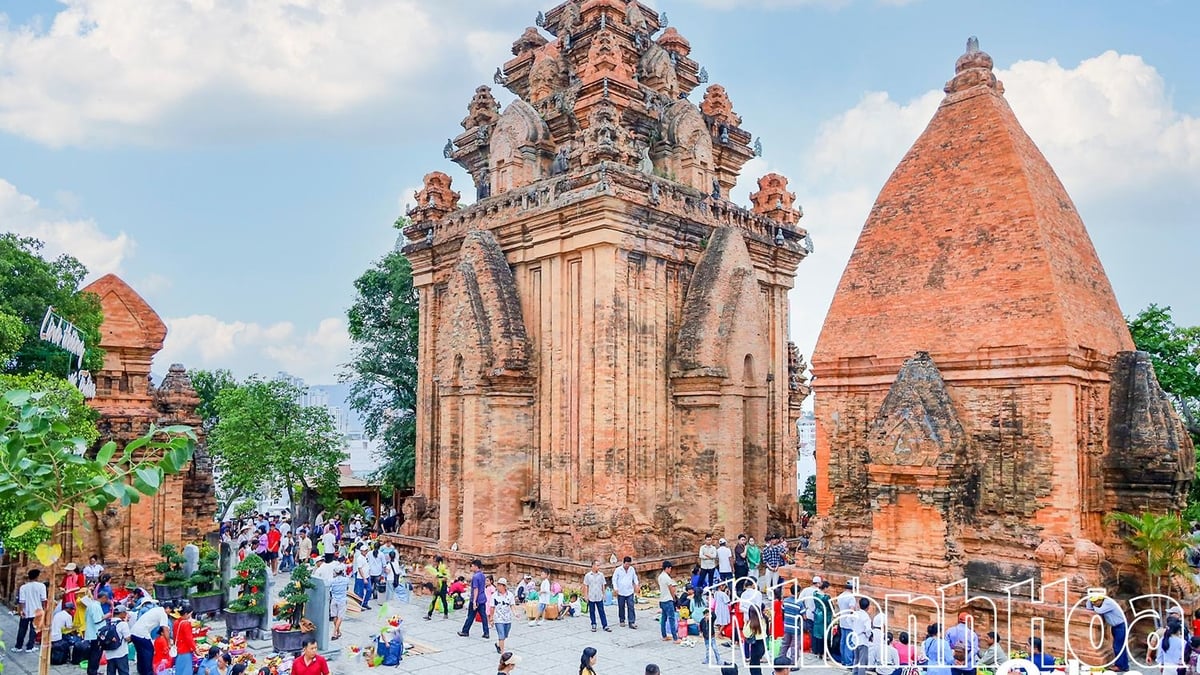
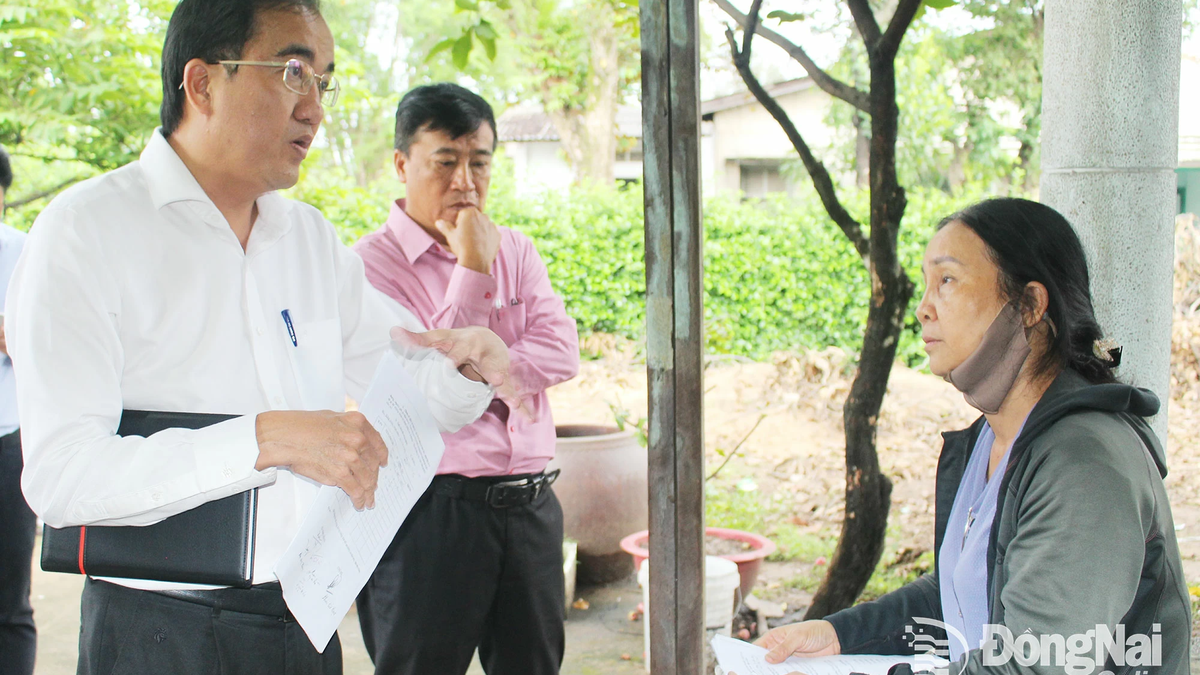
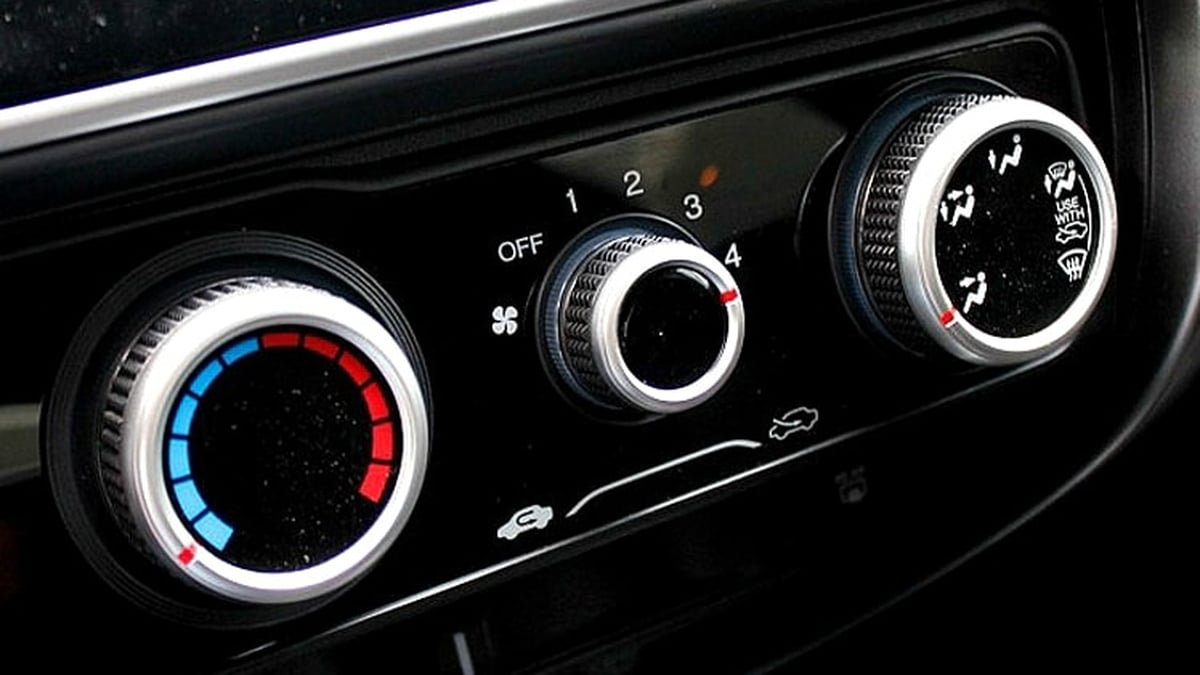
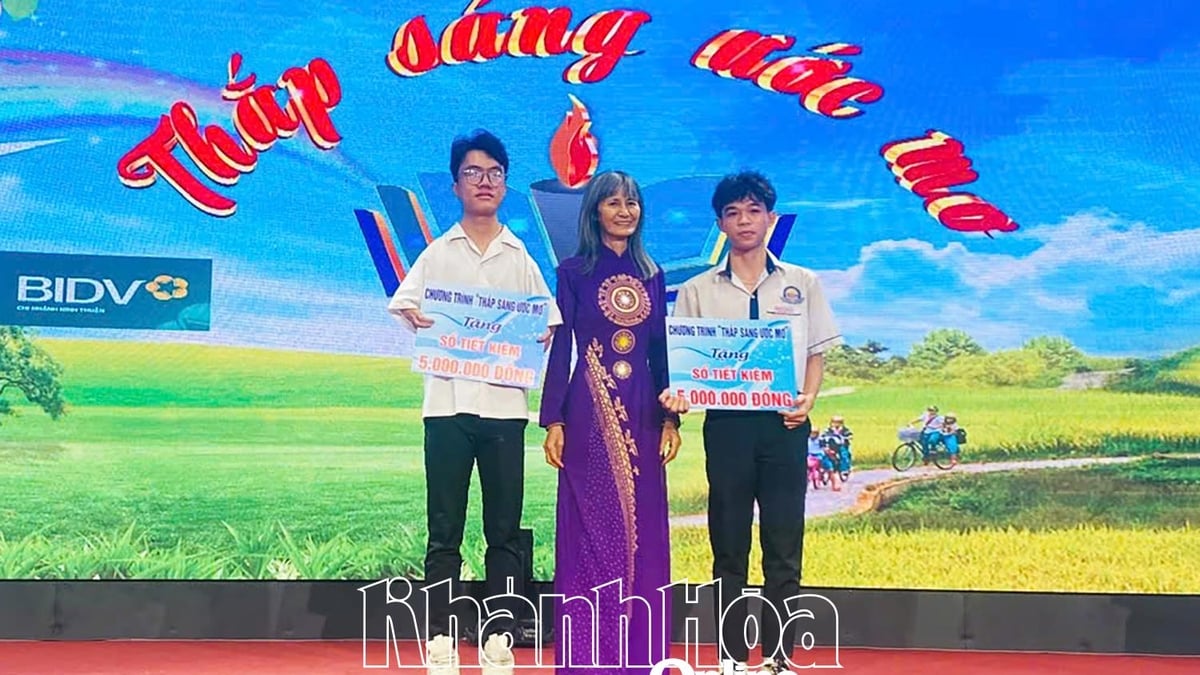
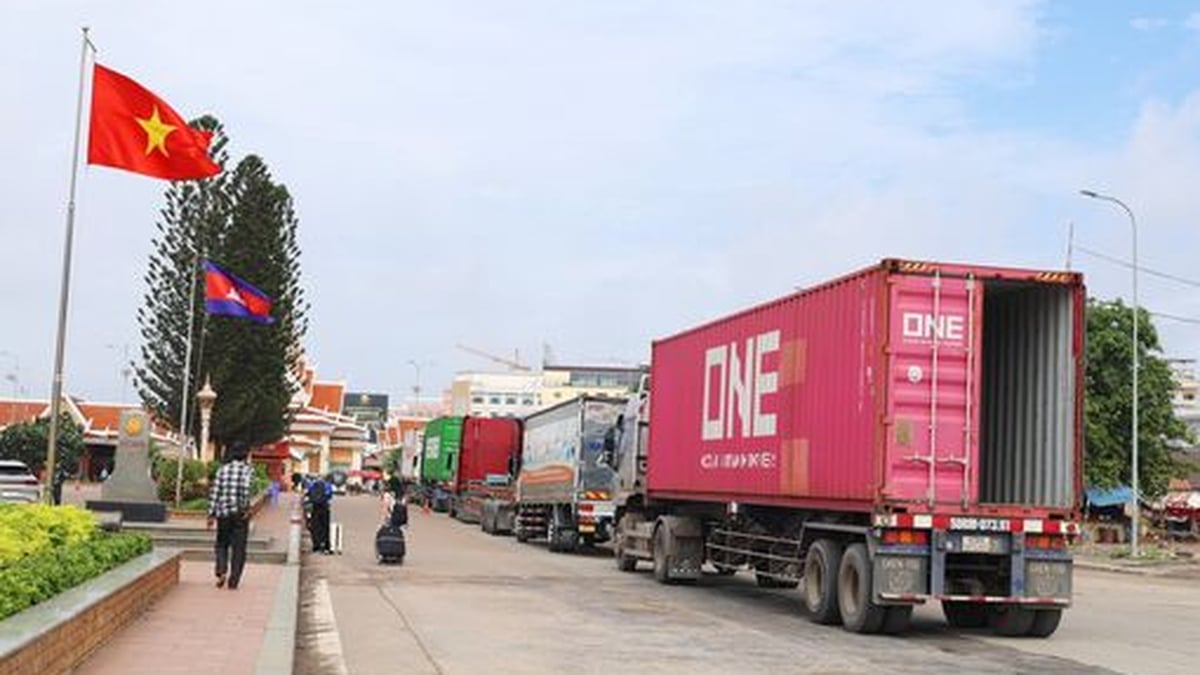
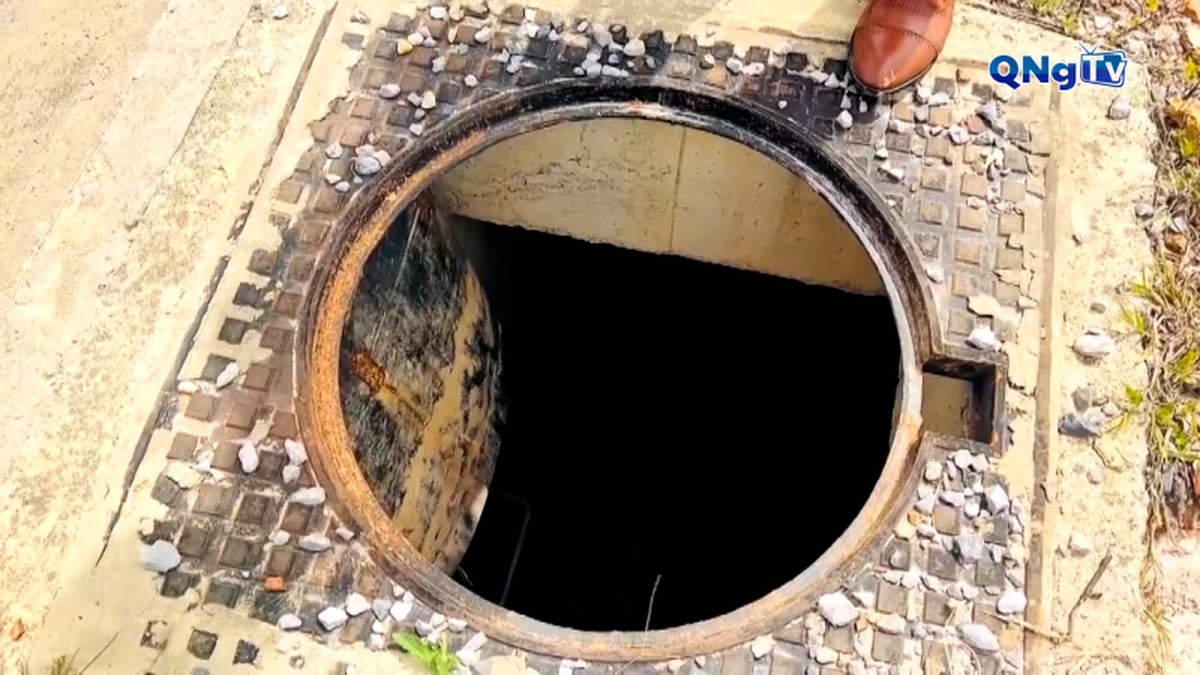

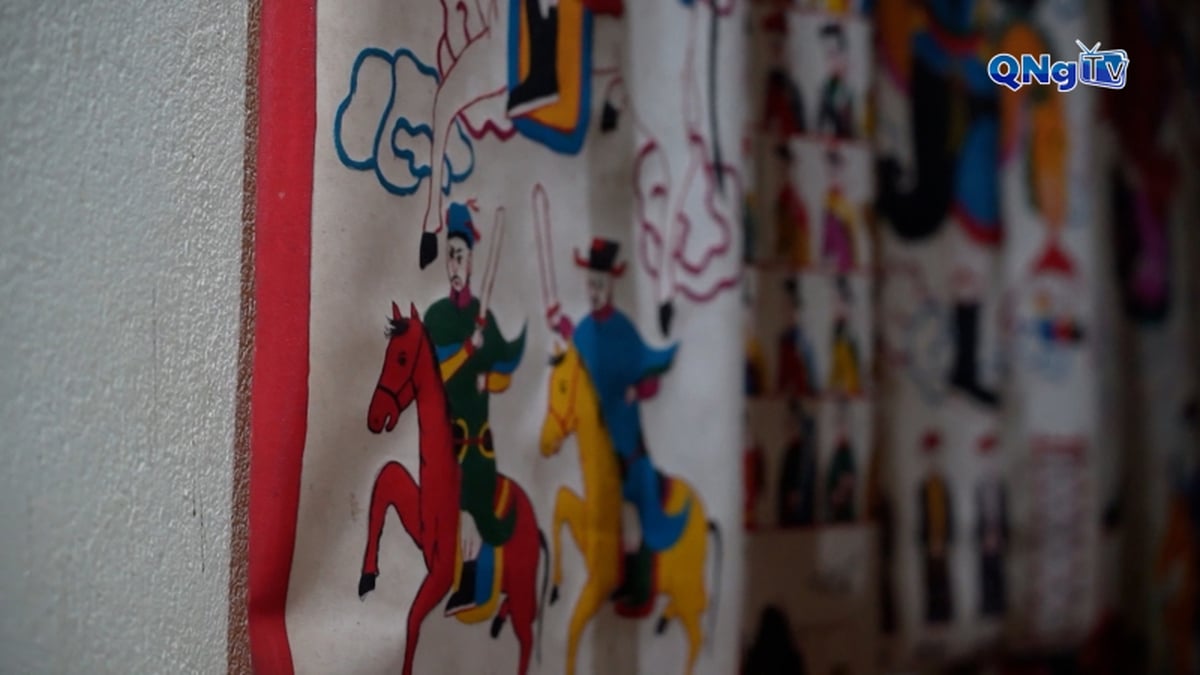
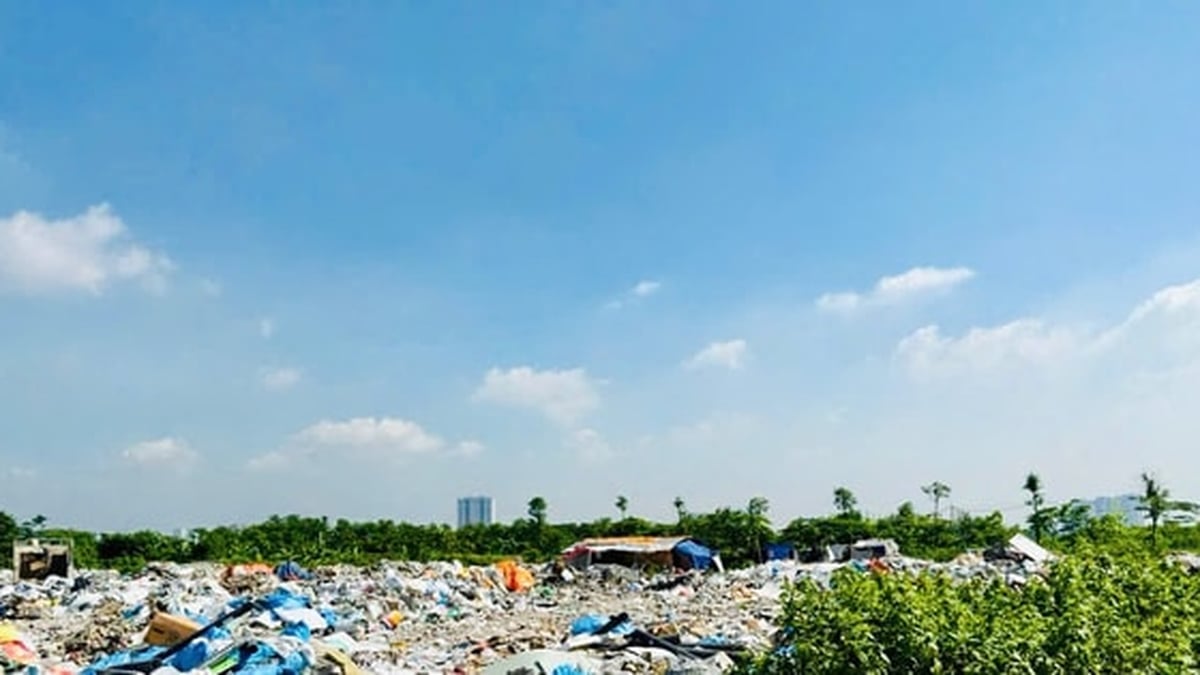
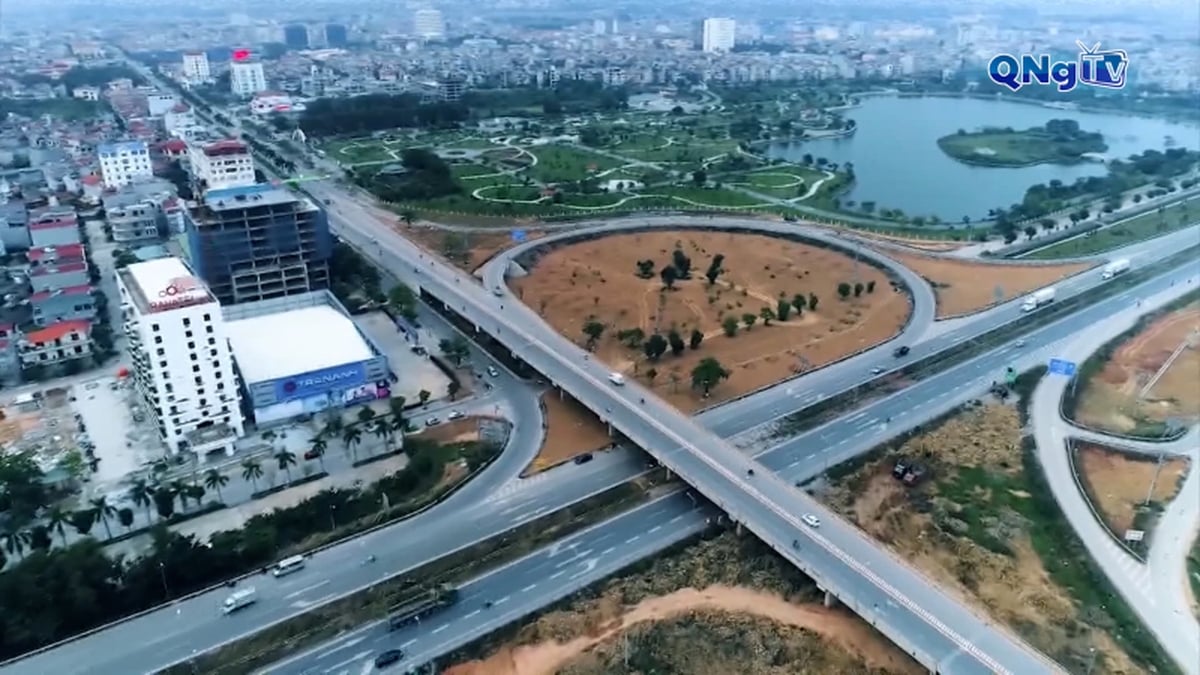







































![[Maritime News] More than 80% of global container shipping capacity is in the hands of MSC and major shipping alliances](https://vphoto.vietnam.vn/thumb/402x226/vietnam/resource/IMAGE/2025/7/16/6b4d586c984b4cbf8c5680352b9eaeb0)













































Comment (0)